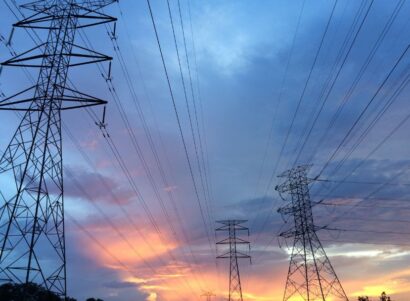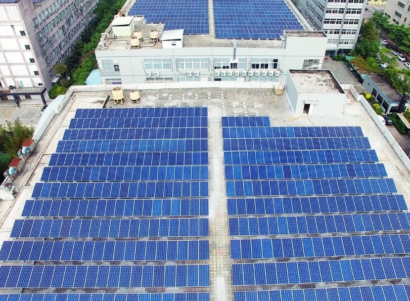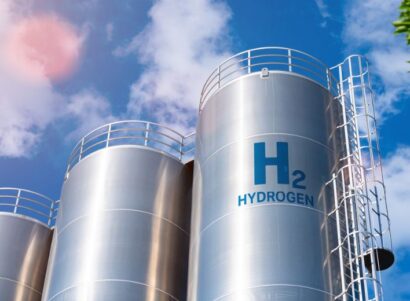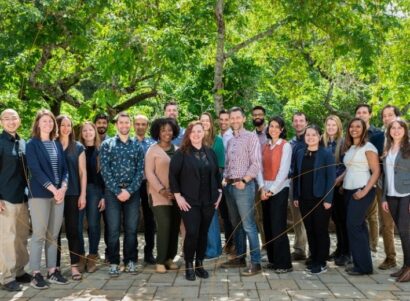Featured
New Interactive Tool to Support Resilience Hubs
In June, PSE Healthy Energy released the Candidate Resilience Hub Mapping Tool. The tool allows users to explore 18,200+ potential resilience hub locations across California, as well as in-depth data on local populations and climate risks. Following the tool’s release, PSE scientists co-led virtual workshops Communities for a Better Environment and joined conferences and community discussions on energy resilience.
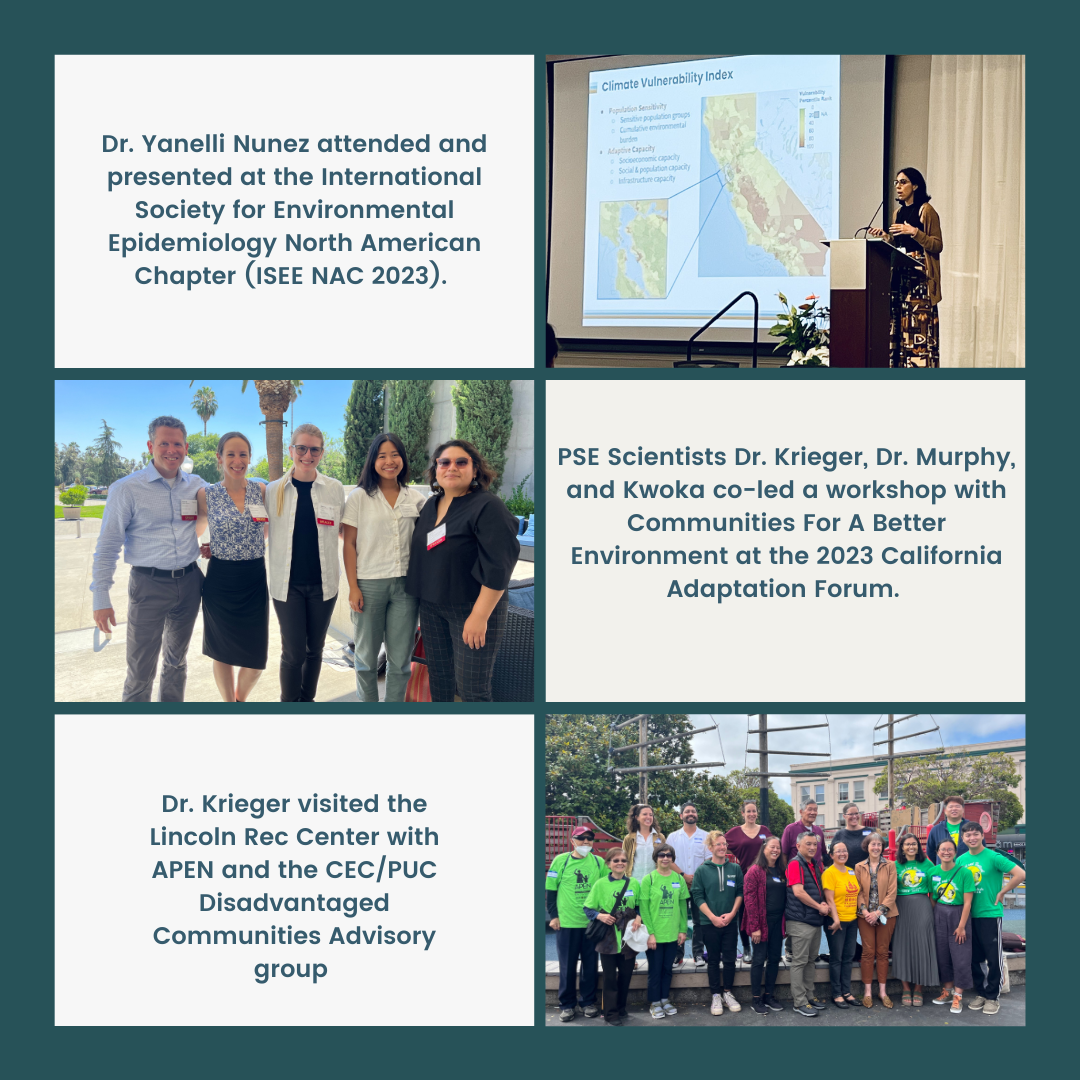
News Briefs

Otter Tail Integrated Resource Plan
A new report from PSE analyzes the climate , public health, equity, and energy affordability implications of Otter Tail Power Company’s Integrated Resource Plan. As part of this analysis, scientists examined the distribution of the planʼs potential impacts on vulnerable populations across the utility’s customers in Minnesota, North Dakota, and South Dakota.
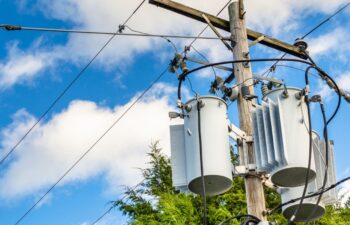
Department of Energy Funds Research for A Community-Centered Direct Air Capture Hub
Lawrence Berkeley National Laboratory announced a new research project exploring the feasibility of a community-led direct air capture hub in California’s Southern San Joaquin Valley. As part of the Department of Energy-funded research, PSE scientists will contribute to an environmental impact assessment, examining environmental, health, and safety aspects of the proposed direct air capture hub.

Examining Natural Gas Odorants and Health Effect
Few studies have assessed the toxicity and health risks associated with the sulfur-based odorants that are used to give natural gas its distinctive “rotten egg” smell. A PSE literature review examines existing research on natural gas odorants and health effects.

Impacts of Benzene Indoors from Gas Stove Combustion
Researchers from Stanford University and PSE published the first ever peer-reviewed study to examine how combustion of natural gas and propane in stoves and ovens impacts indoor concentrations of benzene. During the study, researchers found that for some homes a single gas burner on high or an oven set to 350 degrees Fahrenheit for 45 mins raised benzene levels above the upper range of indoor concentrations seen in secondhand tobacco smoke.
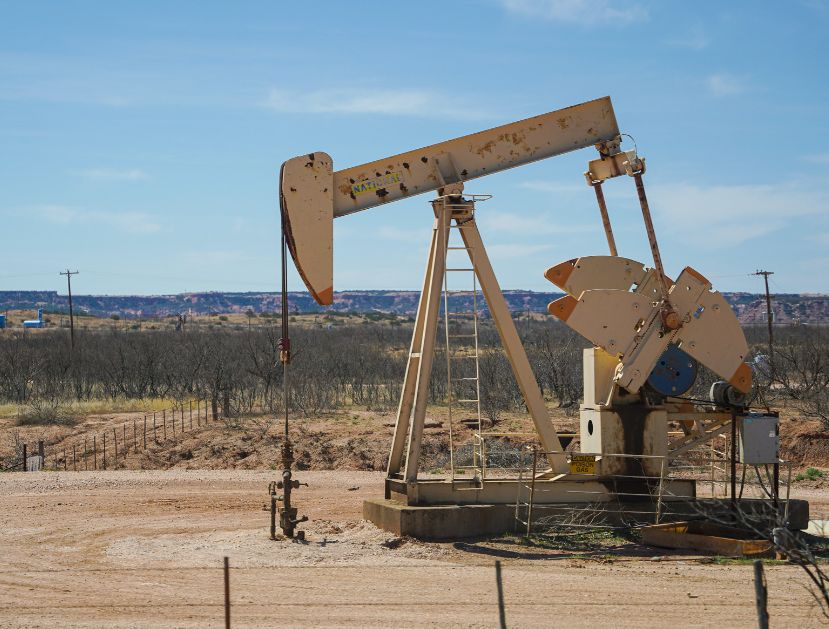
Potential Opportunities and Risks of Orphaned Wells
A new study from researchers at McGill University and PSE estimates that 4.6 million people live within 1 km of a documented orphaned well—a distance deemed higher risk by scientific experts. This new study also provides tools to help identify where orphaned oil and gas wells pose the greatest climate and environmental risks.
From the Blog

Electricity bills in the U.S. jumped five percent on average last year—the largest annual increase on record which can be particularly hard on low-income households. In a new blog PSE discusses how the U.S. has the opportunity to ensure investments in bill assistance and energy-saving programs and clean energy technology can reach those who need them most.

For board member Dr. Madelon Finkel, a visit to Antarctica served as a reminder of the fragility of our planet and the importance of embracing climate solutions as an optimist. Read her blog about the experience here.
PSE in the Media
- Politico – California can’t find its checkbook for offshore wind
- LA Times – Boiling Point: Solar sprawl, Vegas-style
- LAist – How Resilience Hubs Can Help Communities Face The Heat And The Climate Emergency
- New Hampshire Bulletin – In unexpected move, New Hampshire utilities voice support for solar net metering
- Texas Public Radio – Study: Domestic oil and gas production responsible for $77 billion in health impacts yearly
- Silicon Valley.com – Here’s where California’s power grid is most at risk for high winds and fire threat
More coverage is available here.
Careers at PSE Healthy Energy
PSE Healthy Energy is hiring air quality experts, scientists, and an operations associate. Join our team of public health professionals, scientists, and engineers working to inform science-based energy policy. Learn more: https://psehealthyenergy.org/about/careers/







